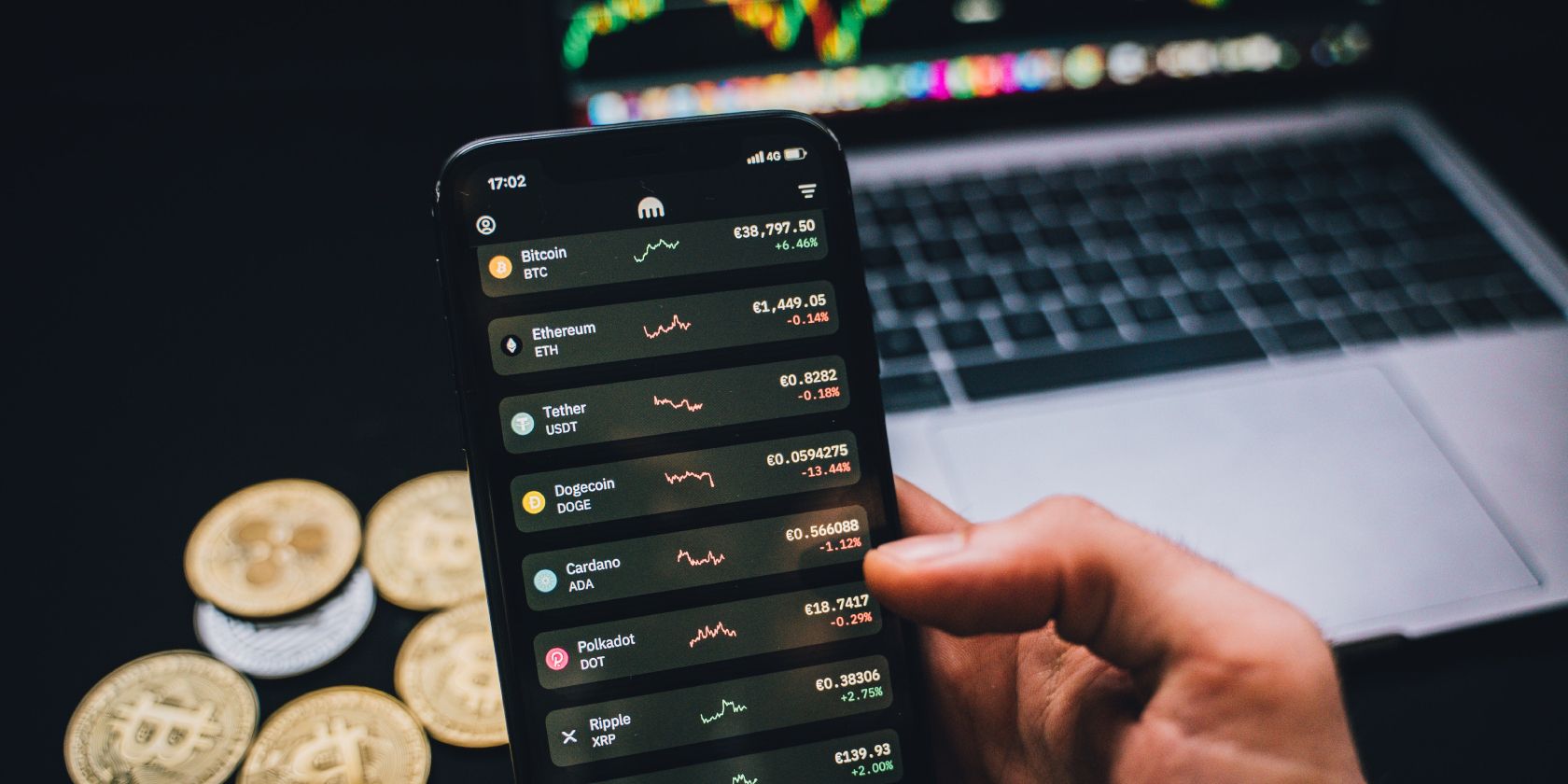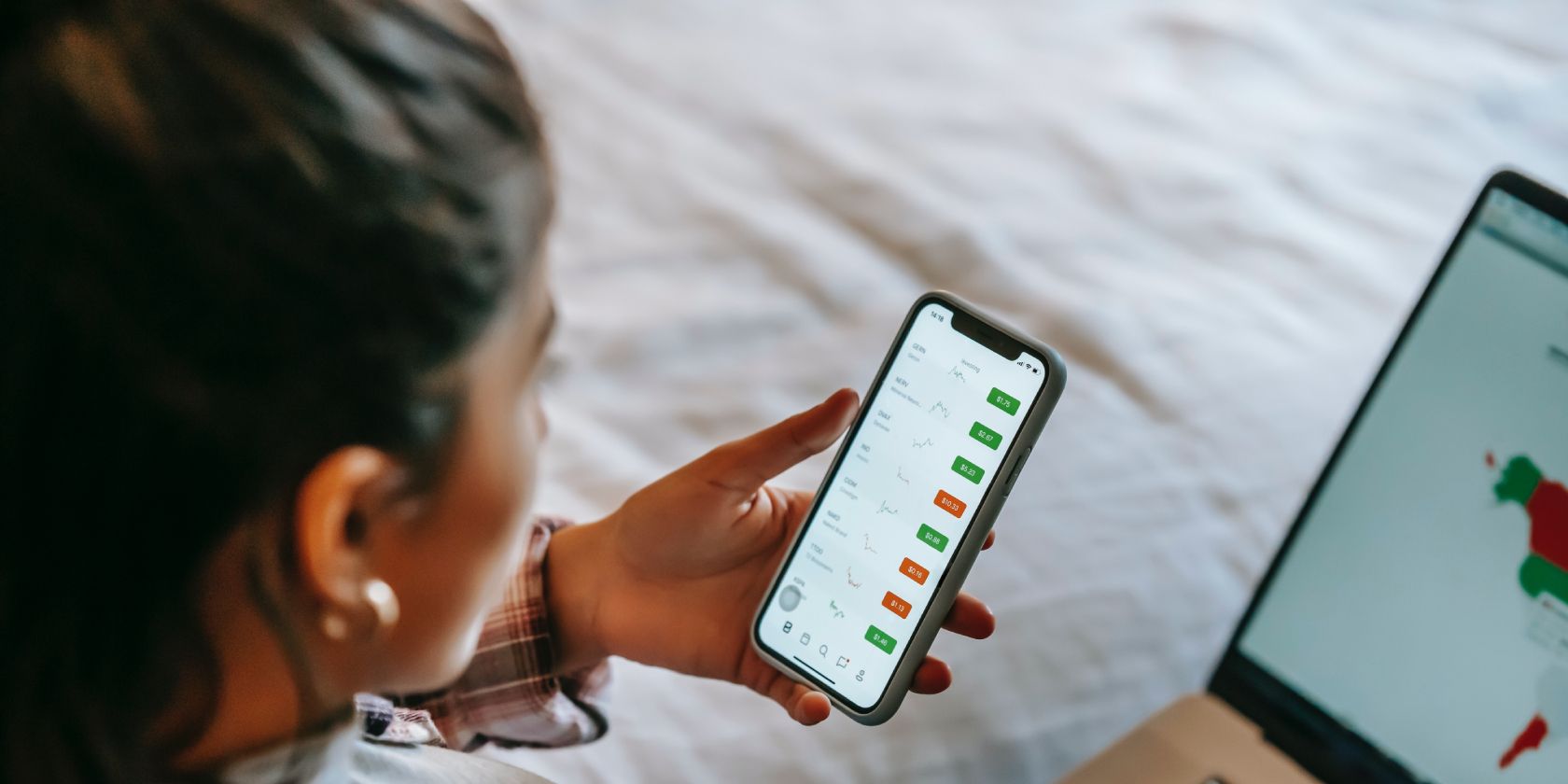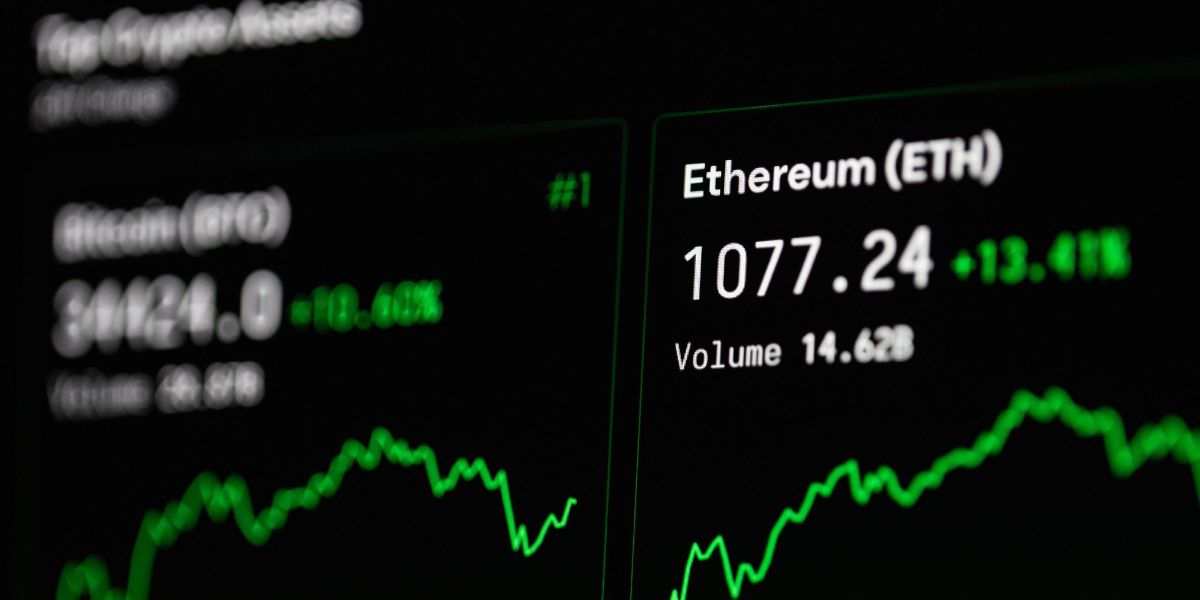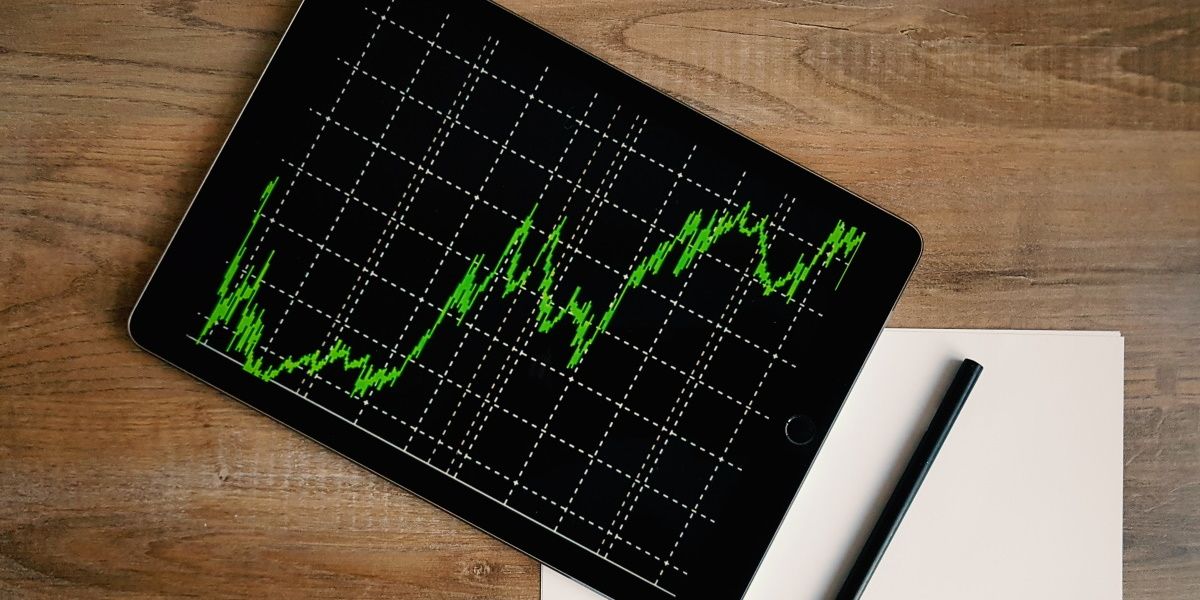Crypto traders use different methods to trade cryptocurrencies. Each of these methods works differently, and not all may be suitable for everyone. While methods such as spot trading are pretty popular as nearly every crypto investor uses them, others, like futures trading, are not very common.
Today, we'll cover crypto futures trading and how it works. We will also reveal if it is a suitable trading type for you.
What Is Crypto Futures Trading?
Crypto futures trading is a type of trading that mimics futures trading in the mainstream markets. It involves using futures contracts, which are legal agreements to buy or sell an asset in the future at a predetermined price.
In crypto, it means agreeing to buy a particular cryptocurrency at a specific price at a time in the future, regardless of the price when the time comes.
The agreed time may be as short as 24 hours to as long as several years. This is often referred to as gambling because the parties involved in the transaction usually base their trades on speculation of how the asset price will perform in the future, hence the term futures trading.
Whatever happens, the trade is executed on the agreed date and time and usually only favors one person out of the two who agree on the trade. Exchanges that allow users to trade futures include Kraken, BitMEX, Bybit, and eToro, some of which are among the best crypto exchanges for US residents.
How Does Crypto Futures Trading Work?
Futures traders usually just speculate on how the price of a crypto asset is likely to perform in the future. Their conclusion may be based on fundamental analysis using some metrics or technical analysis, sometimes both, upon which they base their prediction that the asset will perform in a certain way on a particular day.
For example, a trader may open a futures short position on a contract to sell Bitcoin at a particular price on 23 October 2022. Someone who intends to take the trade will open a long position on the contract.
Assuming the agreed-upon price is $30,000 per bitcoin, and the current price is $23,000, the seller will be selling at a profit if the price of bitcoin stays under $30,000 while the buyer will be losing.
On the other hand, if the price reaches $45,000 on 23 October, they will be at a loss and the buyer in a profit. Futures contracts can only be canceled before the agreed date by entering the opposite trade to the one you initially opened. The contract must be fulfilled once the agreed day is reached.
To increase their potential gains, futures traders sometimes borrow funds from the exchanges they trade to increase the size of their trades. This is called leverage, and it is in multiples of the original trade size, i.e., for a trade X, the leverage can be 10X, 20X, 50X, or even 100X, depending on the exchange.
It should be noted that borrowing to increase the size of a trade can backfire if the trade does not favor you. You will be liquidated, and your funds will be gone for good, so it is quite a risky venture.
How Does it Differ from Other Forms of Crypto Trading?
Futures trading is significantly different from other types of trading. While spot trading or peer-to-peer crypto trading involves trading one asset (or currency) for another, futures trading involves a single asset. It is also different because the trader is not trading the crypto market directly; instead, it is between a seller and a buyer.
Another key difference between futures trading and the others is that the trade does not happen instantly or based on the current price of an asset. Instead, it is based on a speculated price in the future. In fact, the trader doesn't even need to own or handle the cryptocurrency he is speculating about.
Who Should Use Crypto OTC Trading?
Futures trading does not involve the actual trading of assets but is based on speculation on the price of an asset. To succeed in this, a deep knowledge of market fundamentals and the fundamentals of the particular asset is critical.
This is sometimes combined with technical analysis to arrive at a reasonable prediction of the future performance of an asset. While no trader always wins in all trades, you can significantly increase your chances of winning in futures trading if you have this knowledge.
Therefore, futures trading is more suitable for experienced traders who have been in the space for a while and can make reasonably accurate predictions of future price performance. As tempting as futures trading is, you should avoid it if you don't have many years of experience in the space.
What Are The Risks of Futures Trading?
Crypto futures trading can be lucrative if done right, but it also carries significant risks. For instance, using leverage is a major risk because as much as it increases your potential gain, it also magnifies your potential loss. This is even more serious in the highly volatile crypto market.
Before an exchange lends you money as leverage to trade futures, you have to set aside an amount known as initial margin as insurance in case you lose in the trade. This is held in the custody of the exchange, and you can only access it after winning the trade and paying back the borrowed funds.
If you lose the trade, the exchange will automatically liquidate your position and close the trade, which results in the irreversible loss of the capital you put up as the initial margin. This is why leverage trading is not advisable for inexperienced traders.
Should You Trade Crypto Futures Contracts?
Like any type of crypto trading, crypto futures trading can be rewarding, and many trade futures contracts full-time. However, it requires time and experience to do it safely and have more gains than losses. Without this, you may have lost already, even before you start.
If you're interested in futures trading but are just entering the crypto space, it may help to hang around and understand the market a little more before engaging in it. Study things like what affects the crypto market in general and the cryptocurrency you wish to trade in particular.
This way, you can make informed trading decisions when you stake your money and record more gains than losses.
This is not financial advice. If you're interested in any form of investment, you should approach a licensed financial adviser who can give you the best advice based on your needs and risk appetite.





